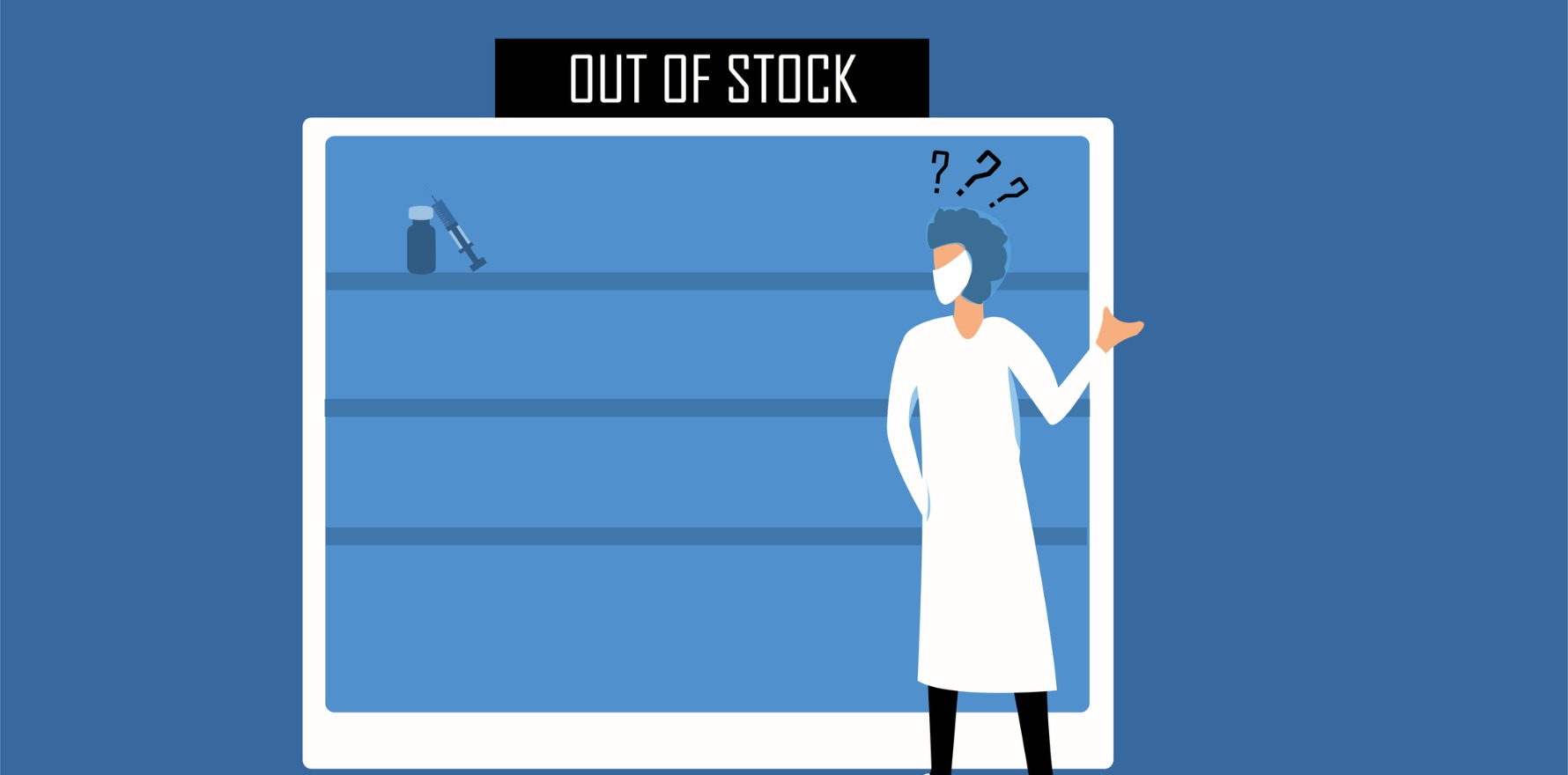Medical Board chair Dr Susan O’Dwyer has reiterated that patient demand is not an indicator of clinical need when it comes to medicinal cannabis.
AHPRA and the medical board have introduced new guidance on medicinal cannabis, with the regulator now pledging to investigate practitioners with high rates of prescribing for any scheduled medicine regardless of whether a complaint has been received.
The release of updated medicinal cannabis guidance was foreshadowed in May, after revelations that eight practitioners wrote more than 10,000 cannabis scripts each within a six-month timespan.
A single nurse practitioner allegedly issued up to 31,000 scripts for medicinal cannabis over that period.
The new guidance, which was published on Wednesday, contains “a word of caution” noting that AHPRA was working with other regulators to understand prescribing patterns.
“We may investigate the practice of practitioners with high rates of prescribing any scheduled medicine, including medicinal cannabis, even if we have not received a complaint,” the caution read.
According to the guidance, good patient care includes assessing patients thoroughly, formulating a suitable management plan which includes a diagnosis, facilitating continuity of care, maintaining adequate medical records and providing treatment options only when there is an identified therapeutic need or clinically recognised treatment.
“With a few exceptions, such as the treatment of certain childhood epilepsies, muscle spasms and pain symptoms associated with multiple sclerosis, some neuropathic pain and chemotherapy-induced nausea and vomiting in cancer, there is little evidence to support the use of medicinal cannabis,” the new guidance said.
It also outlined eight points for prescribing appropriately, which include not prescribing “excessive quantities” or early repeats and “not prescribing a range of products that allow the patient to ‘test’ what they prefer”.
Related
The guidance also touched on recognising potential conflicts of interest for doctors and nurse practitioners who are working for an organisation that prescribes and dispenses a single medication.
“A declaration of a conflict on a website is not sufficient, and you must be prepared to explain how a declared conflict is not impacting patient care,” the guidance said.
RACGP president Dr Michael Wright said the guidance was a warning sign for doctors prescribing a high volume of medicinal cannabis.
“It’s hard to argue that you’re providing the adequate duty of care if you’re writing large numbers of prescriptions,” he told The Medical Republic.
“I think it really is … a warning sign to people to say, if you are prescribing high numbers, then prepared to be able to justify what you’ve been doing.”
AMA president Dr Danielle McMullen told TMR that doctors acting within their professional obligations would have nothing to fear.
“The other layer to this, of course, is that some of the … industry is promoting a model of care or a model of practice that … includes either more junior doctors, doctors without specialist qualifications or nurse practitioners working in a really narrow scope of medicinal cannabis prescribing,” she said.
“There’s the question as to whether there are vulnerable prescribers being enrolled in those models of practice.
“This is a reminder that we’re all, as individual registered medical practitioners, responsible for our own practice regardless of where we’re working – but obviously we do continue other advocacy to make sure that the medicinal cannabis industry as a whole is behaving appropriately too.”
This is not the first time that AHPRA and the various boards have expressed concern over the state of cannabis prescribing in Australia.
In February 2024, AHPRA met with the TGA, the Australian Consumer and Competition Commission, the Office of the National Health Practitioner Ombudsman and state health departments to discuss medicinal cannabis issues.
At that time, it noted the number of complaints about the health, performance and conduct of practitioners’ prescribing, dispensing, and compounding medicinal cannabis had been relatively low, despite a rapid growth in uptake.
In June 2024, AHPRA and the medical, pharmacy and nursing and midwifery boards released a statement detailing their “concerns that practitioners are cashing in on rising demand for the prescription and use of medicinal cannabis, bulk produced compounded medicines, or soon to be banned compounded semaglutide and related products”.
At that time, AHPRA and the boards released a joint statement outlining professional obligations when prescribing, compounding and dispensing.





